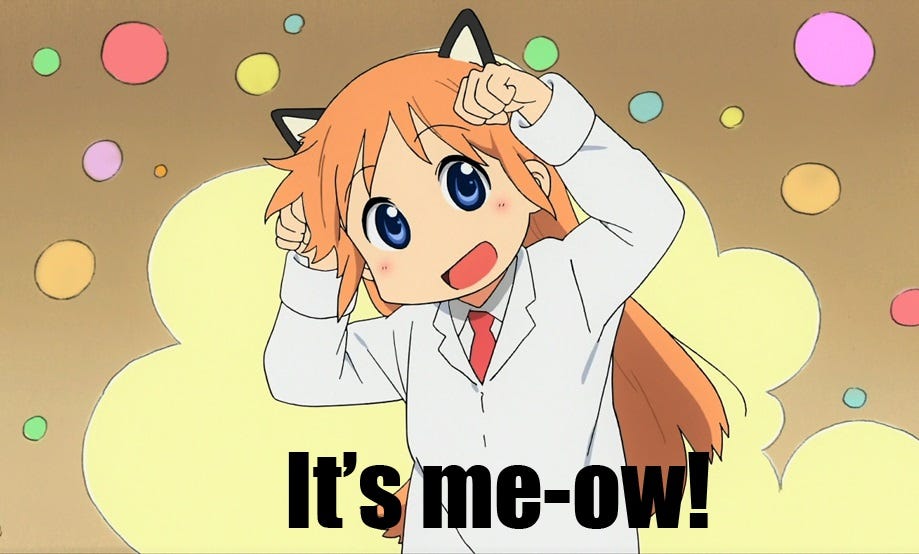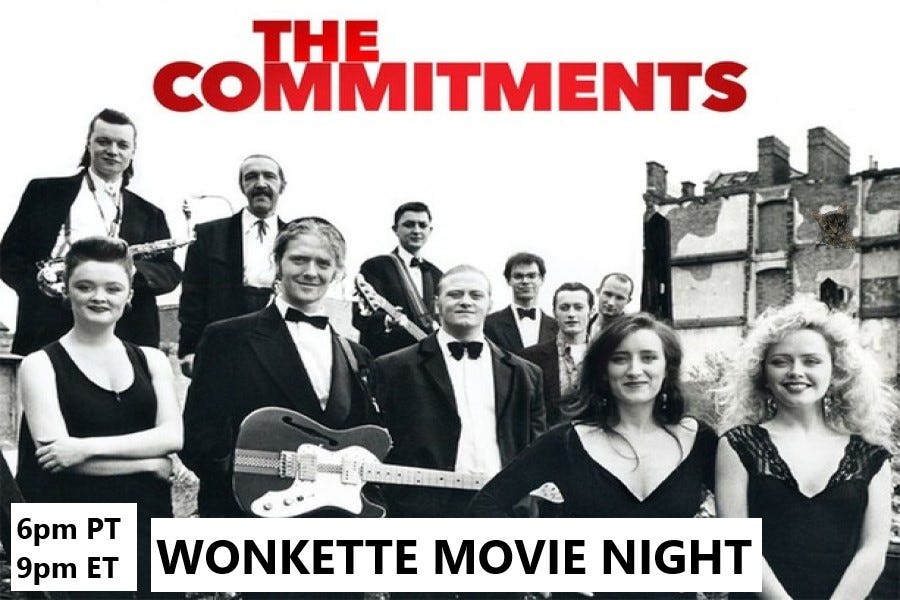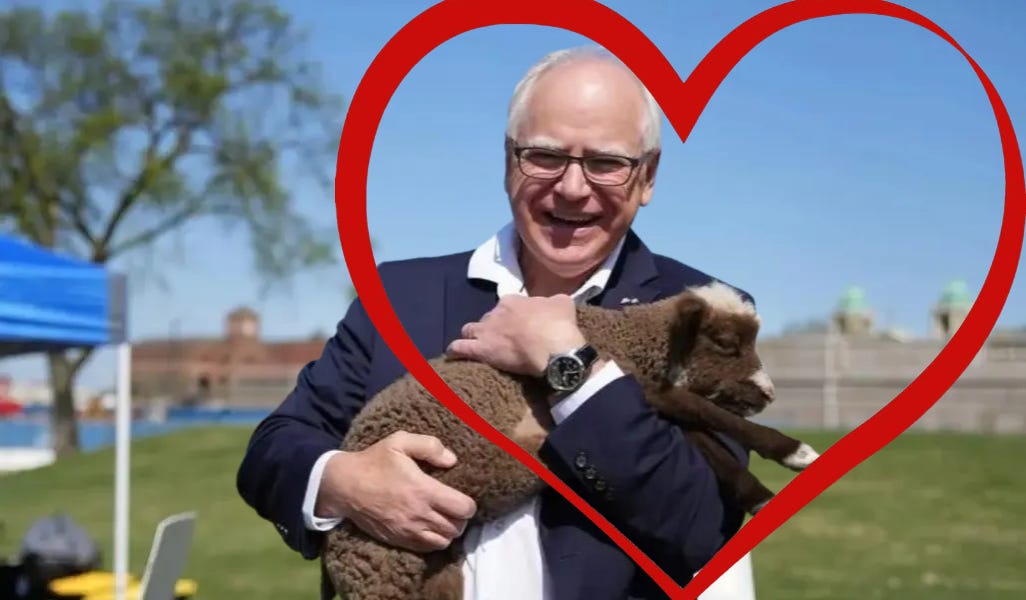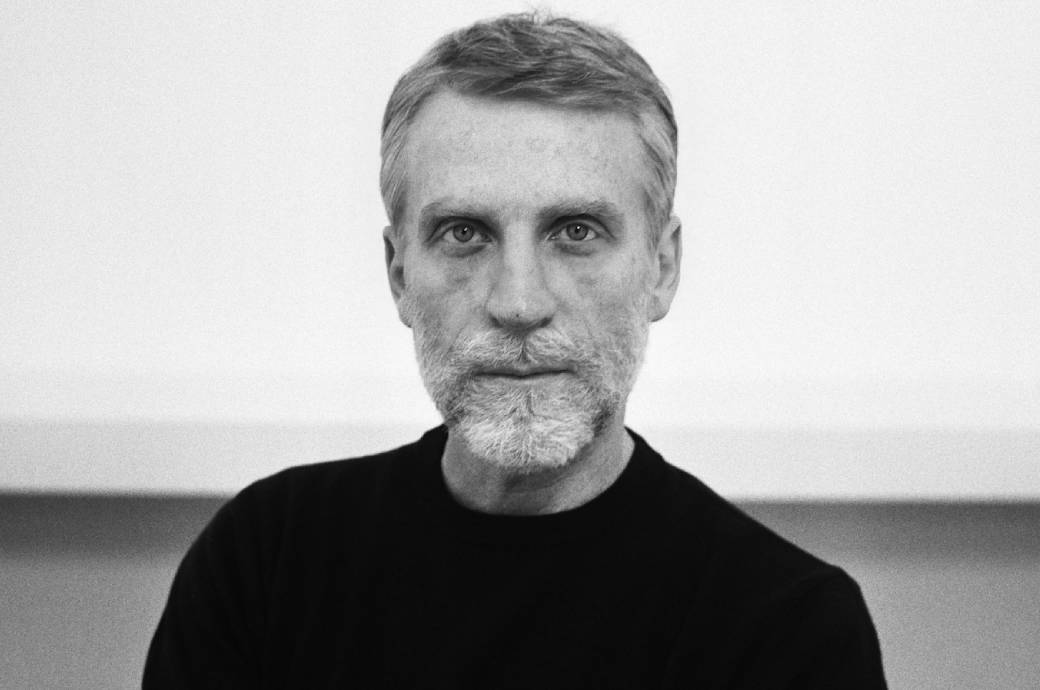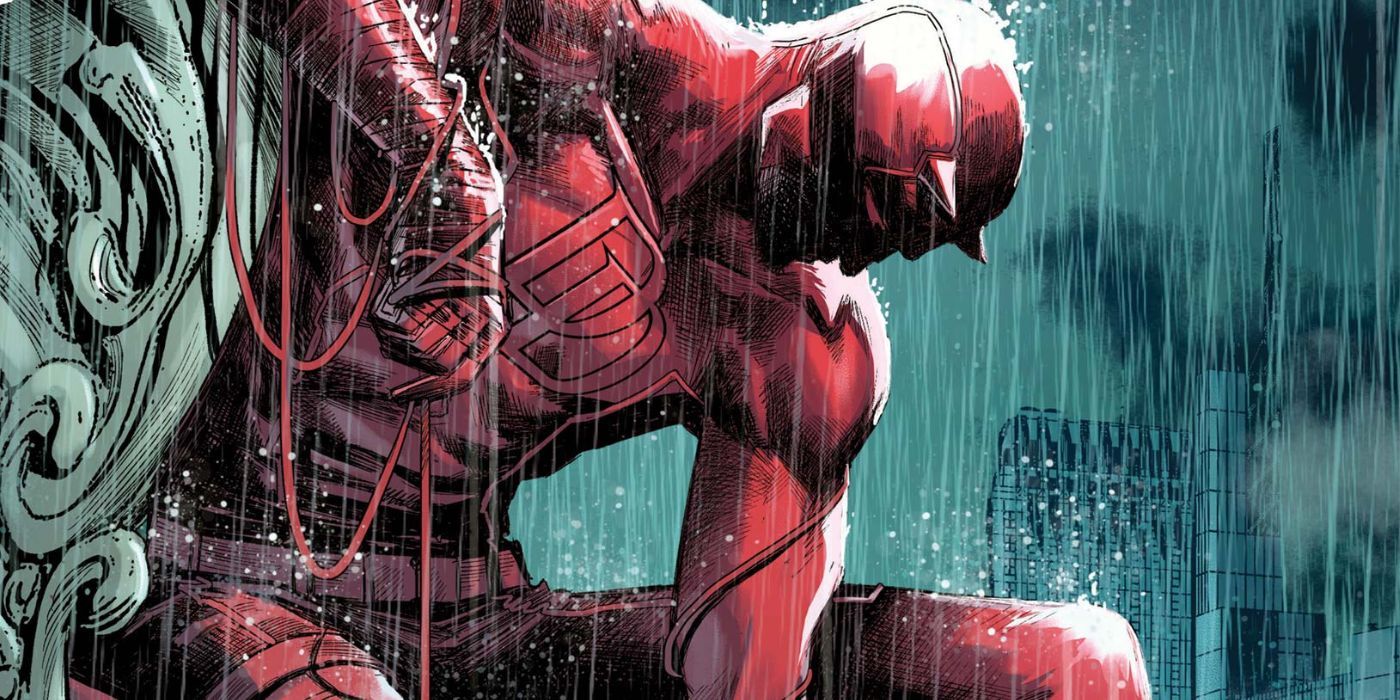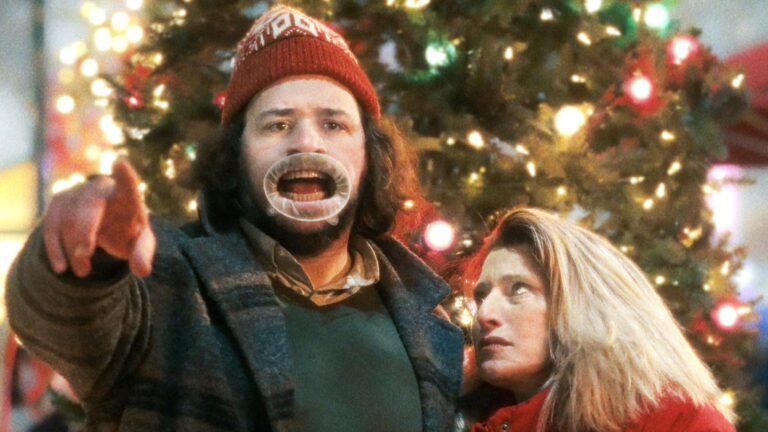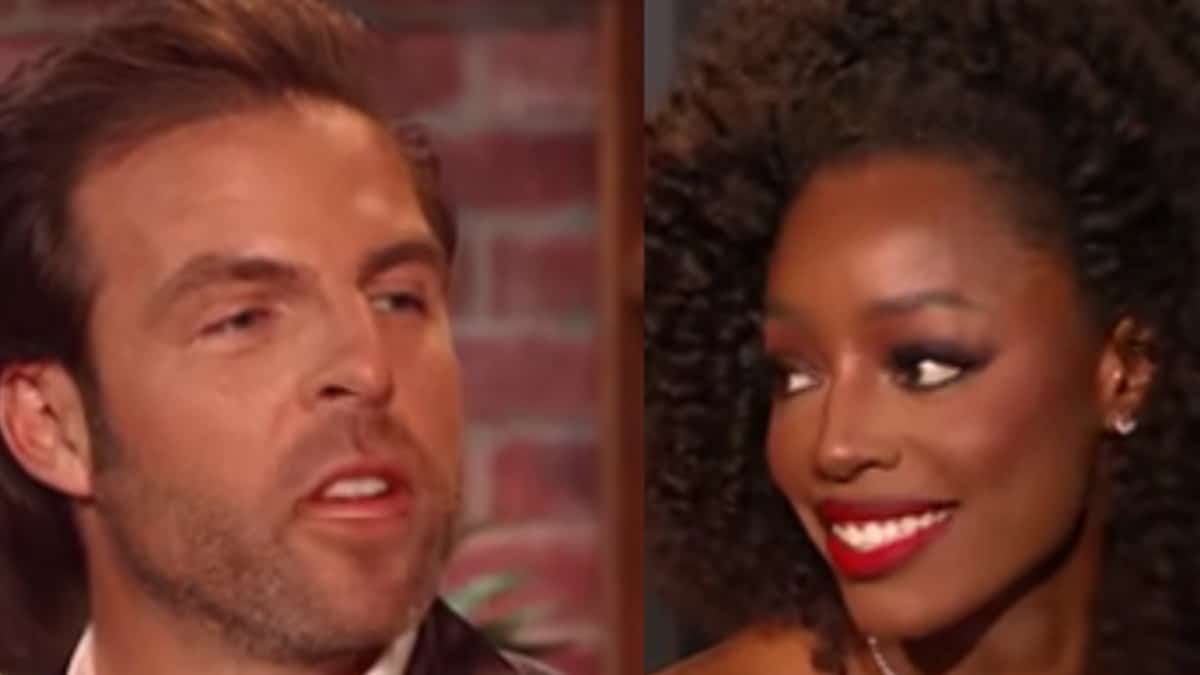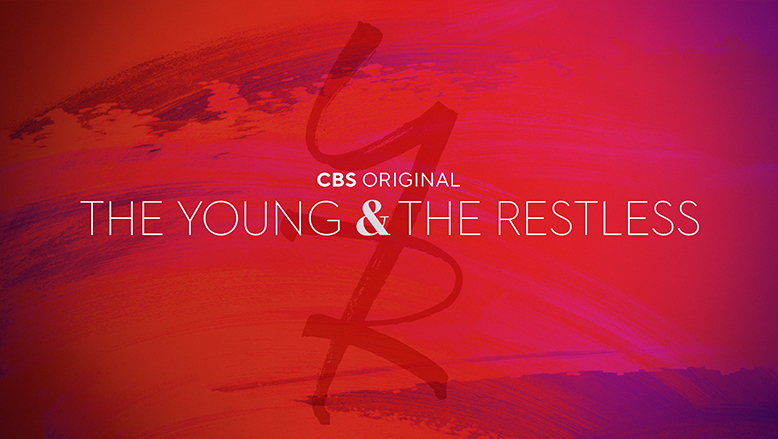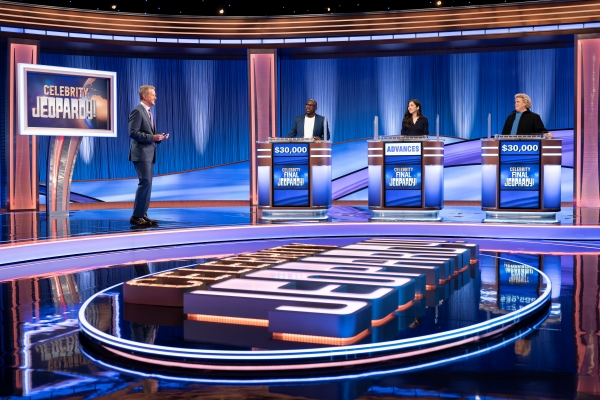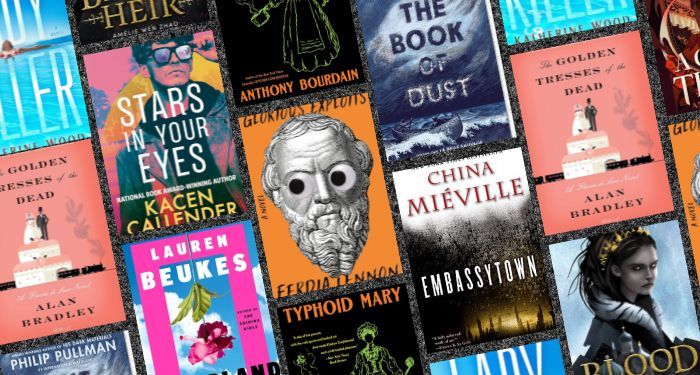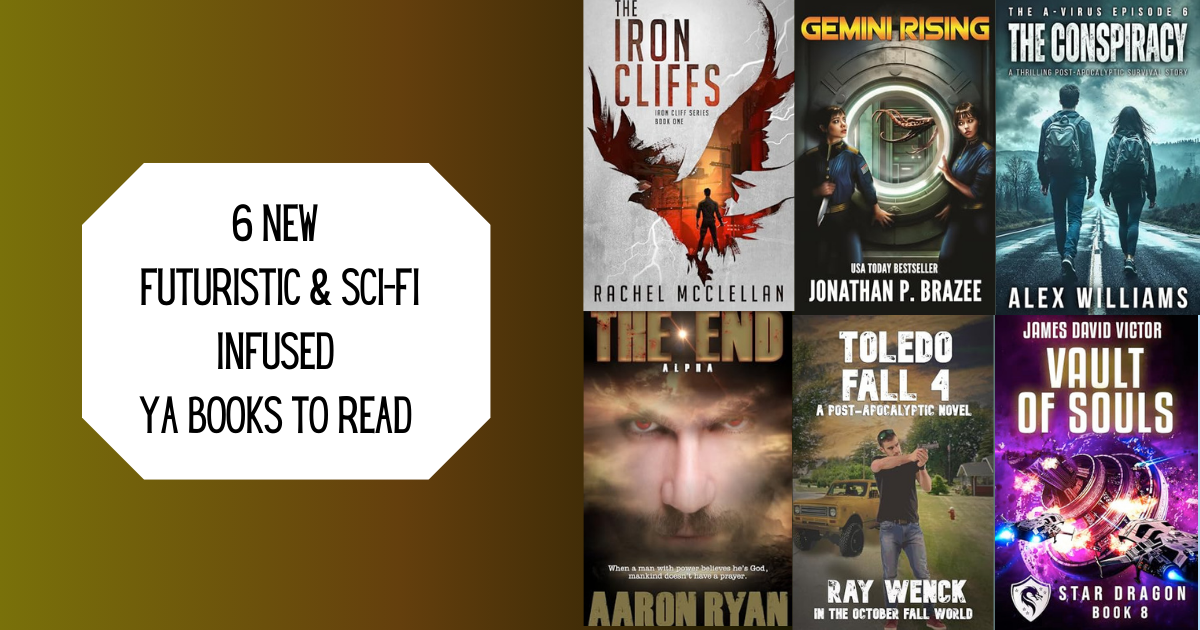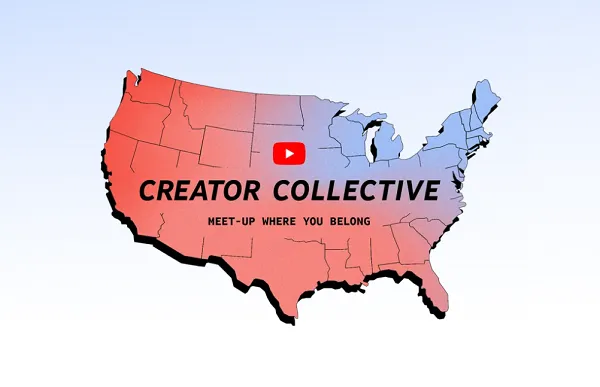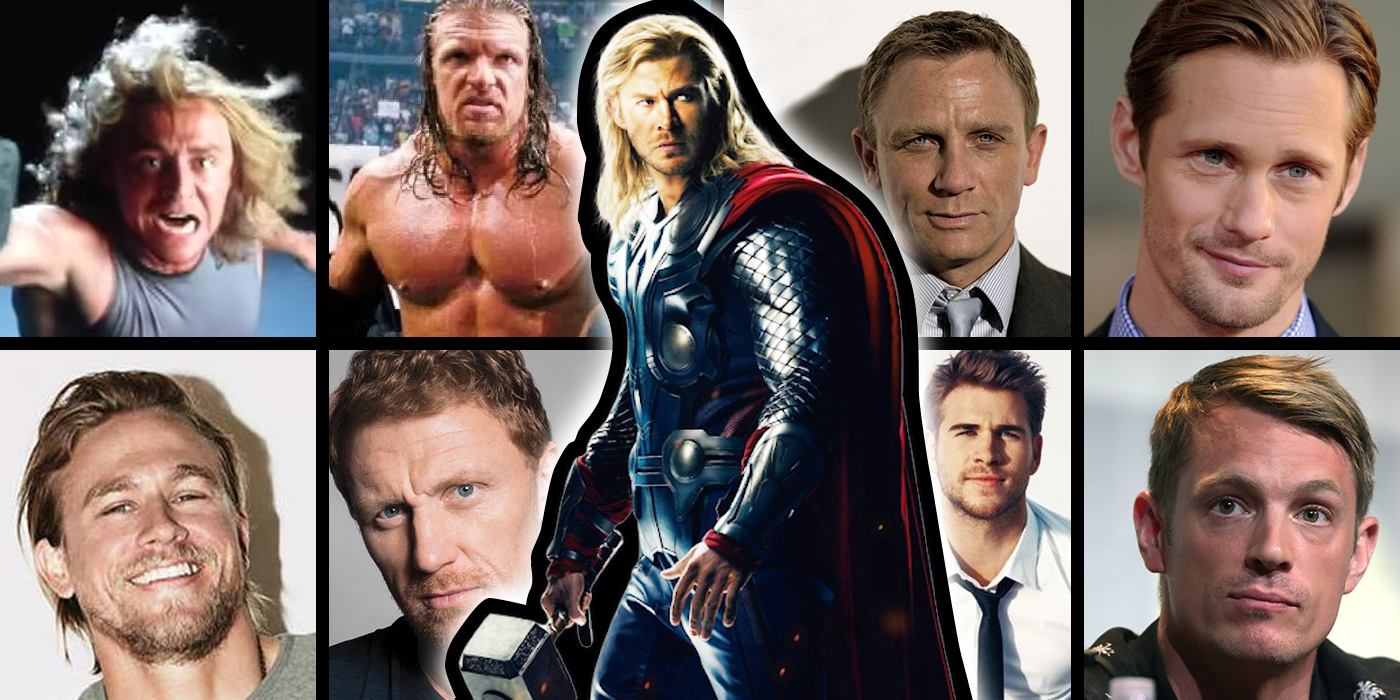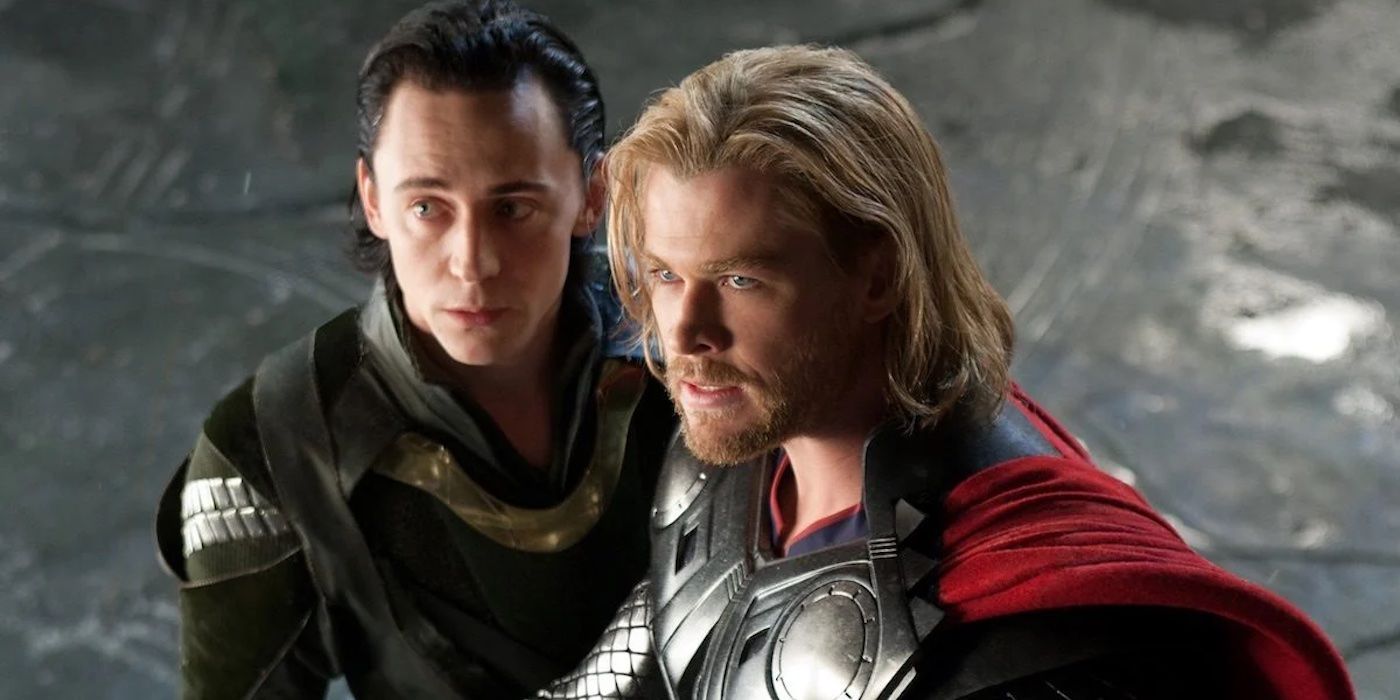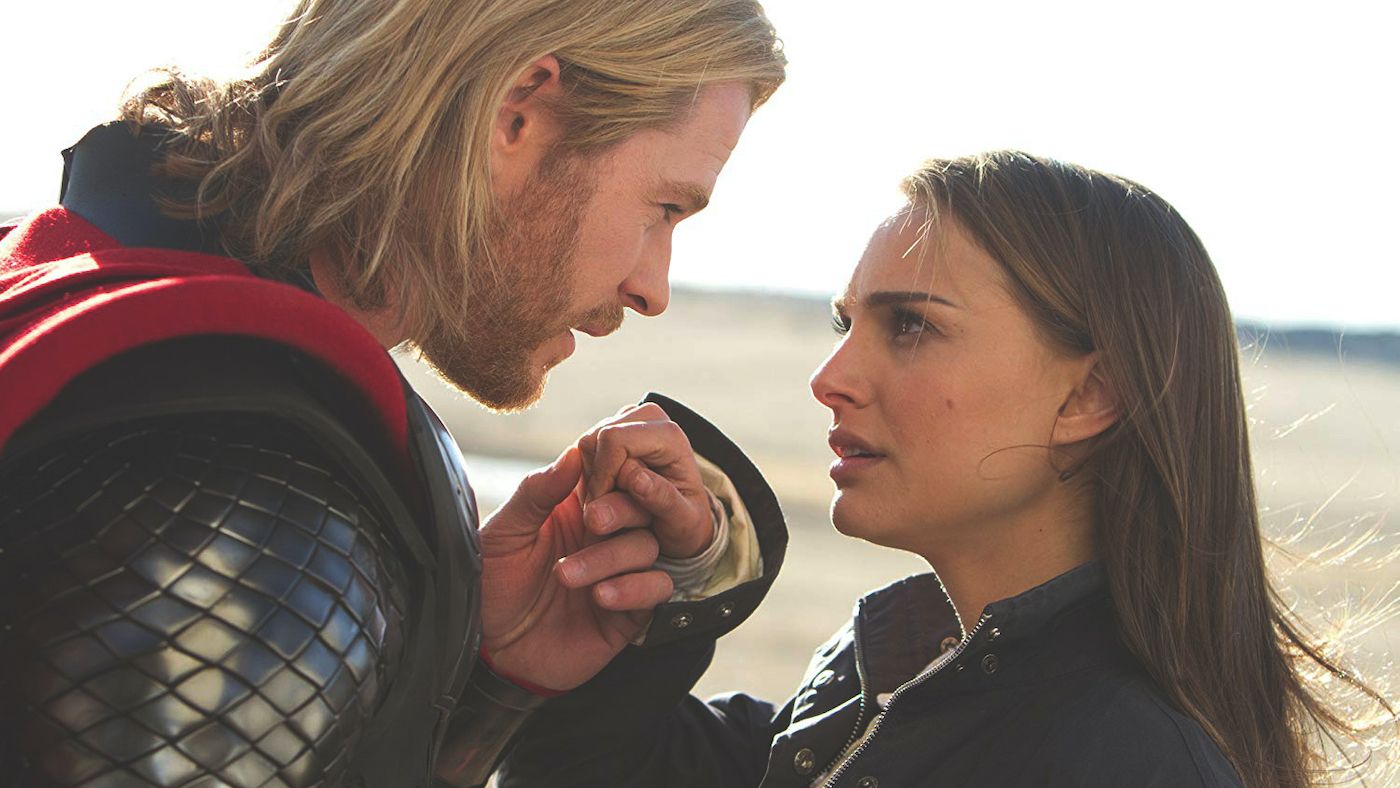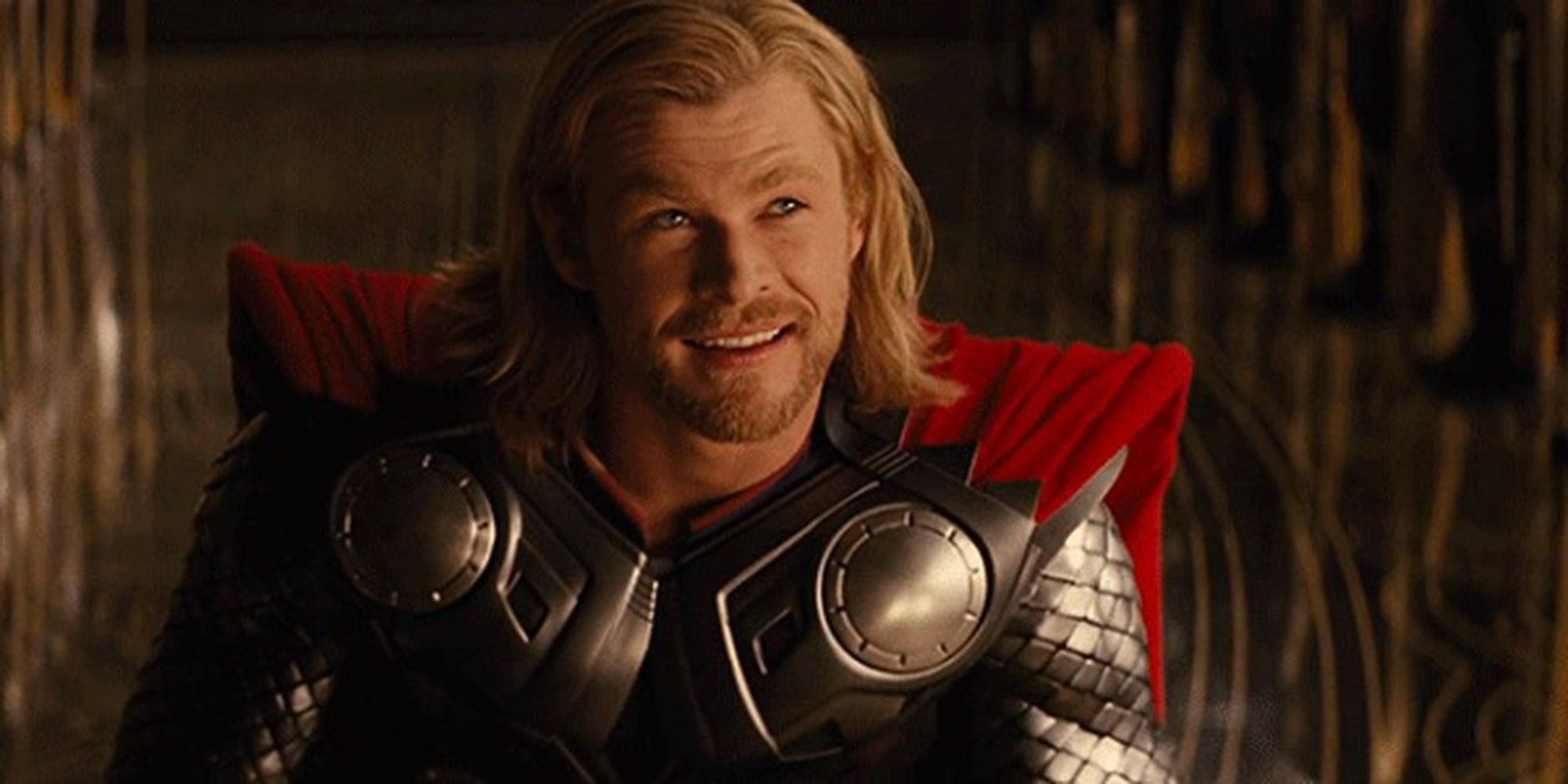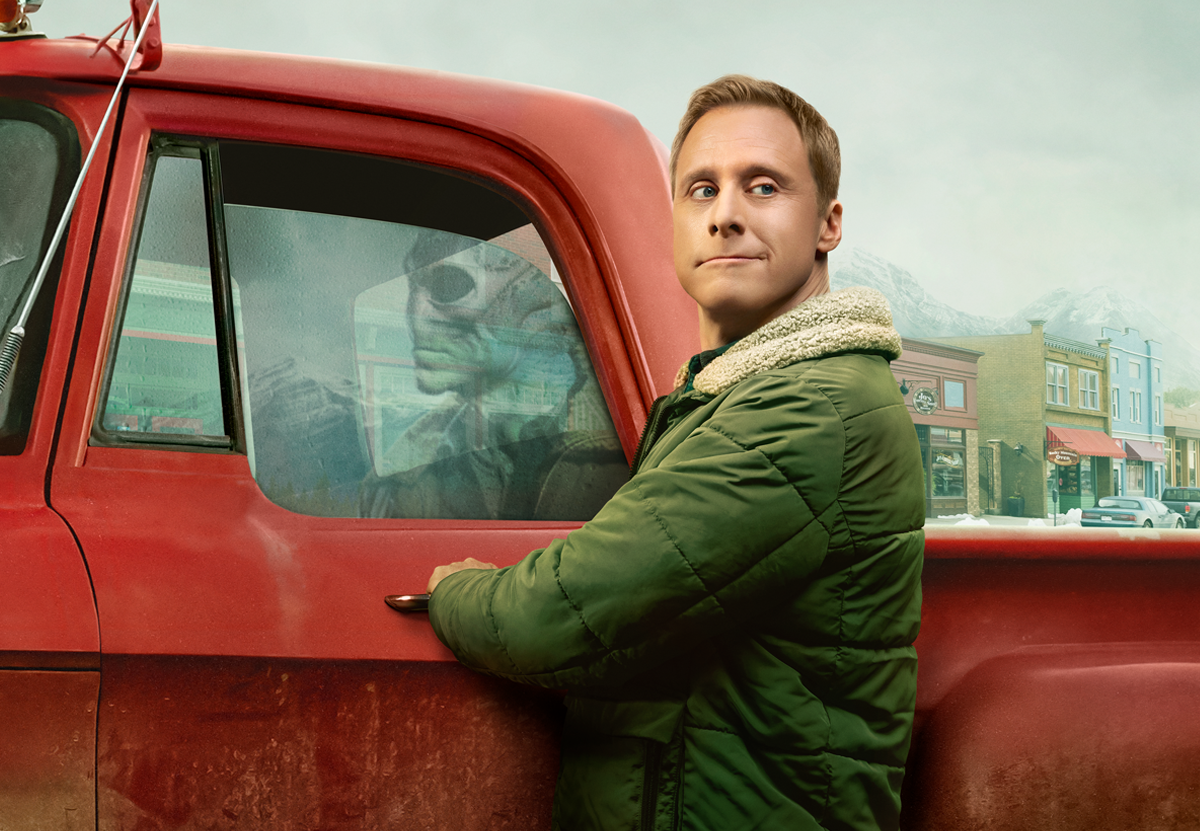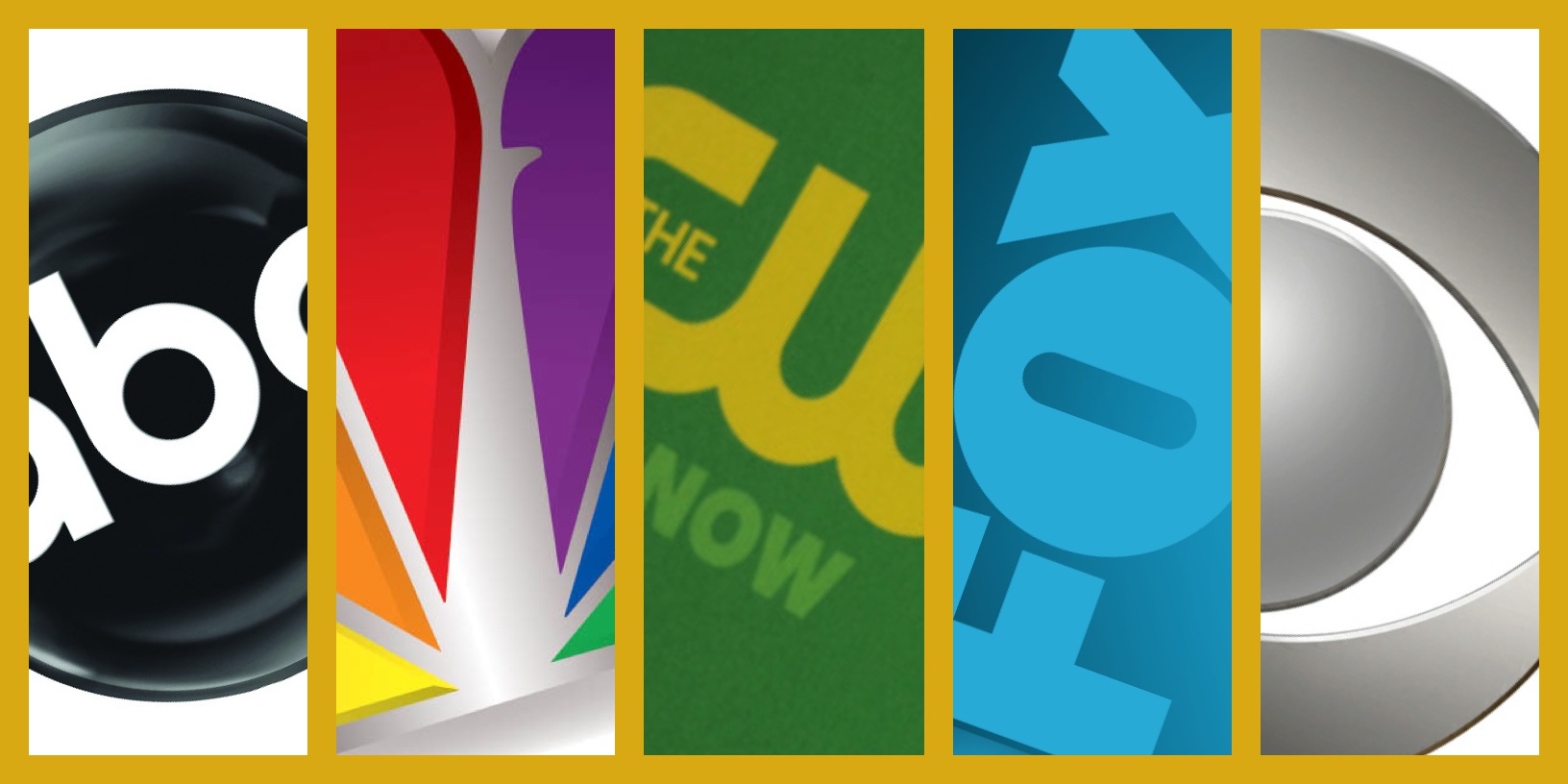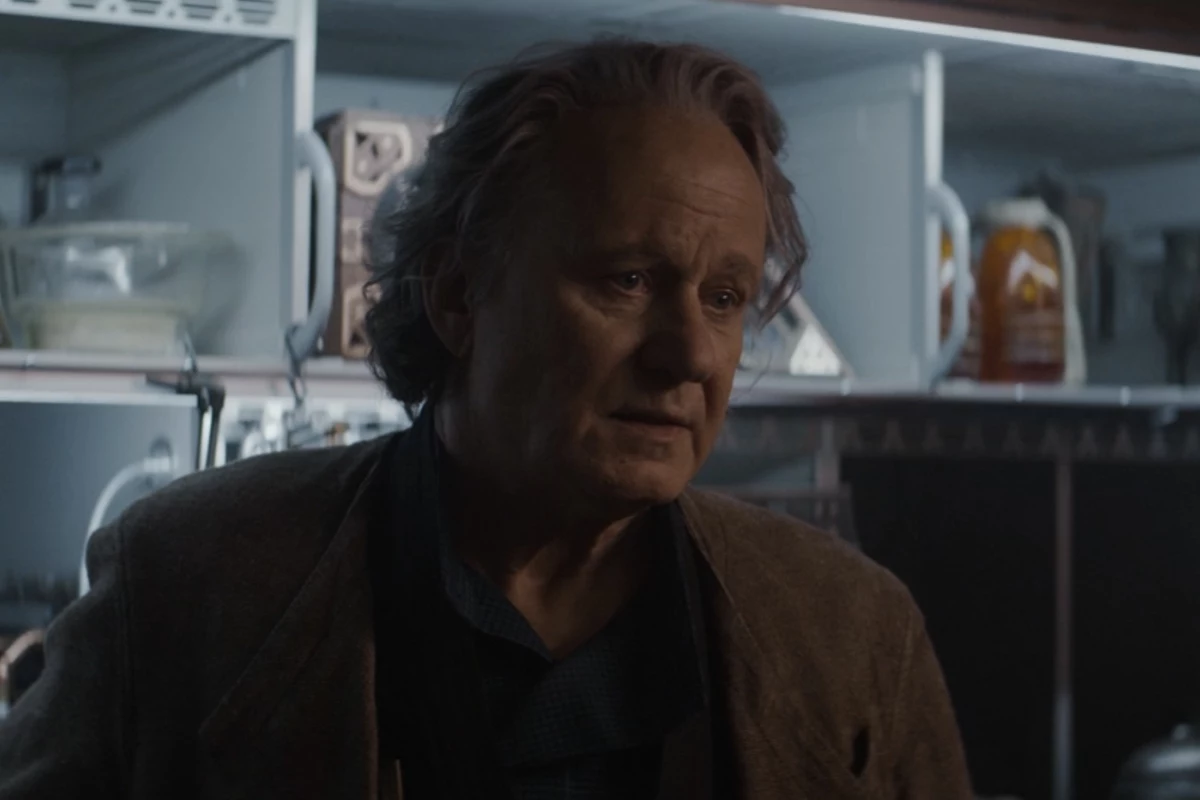Thor was an incredibly risky movie for Marvel Studios to make in 2011. It’s important to remember that at the time Marvel was developing Thor, successful superhero movies were defined by “gritty reboots” and “grounded” takes on the character, thanks to the success of Christopher Nolan’s Batman Begins and The Dark Knight and Bryan Singer’s X-Men movies. So the idea of Marvel following up the relatively grounded Iron Man movies, which suffered their own production challenges, and The Incredible Hulk with the story of a literal god was daunting to say the least. Not only did the film have to be successful on its own, but the titular character had to conceivably exist in the same universe as Robert Downey Jr.’s charming Tony Stark, leading up to The Avengers which was already in development. What to do? Well, hire a director well-versed in Shakespeare, of course.
A feature film adaptation of the comic book Thor had been in the works for years before Marvel Studios forged ahead with its own version. Sam Raimi, who would go on to direct various Spider-Man movies and help define the superhero genre, originally wanted to make Thor back in the early 1990s after Darkman, but the studio wasn’t interested. Then in August 2007, fresh off the back-to-back productions of Iron Man and The Incredible Hulk, Marvel Studios selected Matthew Vaughn to take the helm.
At this point, Vaughn—who would go on to direct the Kingsman movies and X-Men: First Class—was coming off the success of his directorial debut Layer Cake and his fantasy adaptation Stardust. He was a hot director in town, and he got to work rewriting Mark Protosevich’s (I Am Legend) screenplay to bring the budget down. But by May 2008, it was announced that Vaughn was off of Thor, having been released from his holding deal (he moved on to Kick-Ass). At the same time, Marvel Studios announced an ambitious June 4, 2010 release date—without a director.
The search for a replacement happened quickly, with Guillermo del Toro entering talks to direct before ultimately departing to take the helm of The Hobbit (which he also ended up being forced to leave). After del Toro, Marvel moved on to other candidates and finally settled on Kenneth Branagh in September 2008, with the acclaimed Henry V director bringing his deep knowledge of Shakespeare and classic literature to the table. After signing Branagh, Marvel pushed Thor’s release date back nearly a full year to 2011.
Landing Branagh to direct Thor would ultimately prove to be fortuitous, as the filmmaker’s stature did much to land the acclaimed ensemble cast. Natalie Portman—not yet an Oscar winner but about to make Black Swan—cited Branagh as the reason she decided to join the Marvel movie:
“I just thought it sounded like a weird idea because Kenneth Branagh’s directing it, so I was just like, ‘Kenneth Branagh doing Thor is super-weird, I’ve gotta do it.'”
Likewise, Idris Elba—still riding the wave of The Wire—and Stellan Skarsgård cited Branagh as the reason they joined the film. But when it came time to cast the titular lead role, well, that was a bit more difficult.
Daniel Craig was offered the role outright, but turned it down to focus on the James Bond franchise. Tom Hiddleston was one of the many young men who auditioned to play Thor, but Marvel felt he was a better fit for Loki. Those who also tested included Charlie Hunnam, Alexander Skarsgard, Joel Kinnaman, Kevin McKidd, and even WWE star Triple-H.
Chris Hemsworth, meanwhile, nearly didn’t even make the cut. The Australian actor struggled to find an agency willing to represent him after coming over from his home country, and while he read for the part of Thor, he didn’t even get a screen test because one of the film’s casting directors nixed him early on. Hemsworth’s younger brother Liam Hemsworth then actually tested for the role, and Marvel passed, but after Chris’ agent pushed Kevin Feige to let Chris read again, the Marvel Studios president relented. Hemsworth was actually filming The Cabin in the Woods at the time, which was written and produced by Joss Whedon who had not yet landed the Avengers job. Whedon admitted that on the set of the meta-horror film, he and director Drew Goddard were giving Hemsworth advice as he worked to land the role of Thor, even suggesting specific comic books to read for preparation.
The rest, as they say, is history, as Hemsworth blew everyone away with his screen test and landed the role. Marvel announced Hemsworth and Hiddleston’s casting at the same time.
Meanwhile, the role of Fandral was originally to be played by Stuart Townsend, but he was replaced days before filming by Joshua Dallas (Manifest)—the second high-profile firing of Townsend, who was let go from playing Aragorn in The Lord of the Rings in the midst of production. Curiously enough, Dallas was replaced in Thor: The Dark World by Zachary Levi.
When it came to the look of Hemsworth as Thor, the actor got a wig, big fancy robes, and even dyed facial hair to bring him more in line with the comics look. In a bit of reflection on how the MCU has evolved since Phase One, Feige admitted in 2018 that it was a mistake to dye Hemsworth’s eyebrows and beard blonde just because Thor in the comics looked a certain way:
“Definitively, the one thing I would definitely do differently if I had to do it over again, is we would not have dyed Chris Hemsworth’s eyebrows blonde in the first Thor. Because we were like, Thor is blonde! He has to be blonde! And Hemsworth was great and awesome and pulled it off, but there are a couple of shots I watch and I’m like, oh my God, that poor guy, we made him freaking dye his eyebrows! That’s ridiculous! And I can laugh about it now because Hemsworth is Thor and he doesn’t need long hair, or a cape, or a hammer, or two eyeballs to be Thor.”
Indeed, more than any other MCU franchise, Thor goes through the most evolution from film-to-film, to the point that Thor: Ragnarok is essentially a total reboot of the character, and his characterization is nearly unrecognizable from the bombastic, self-important performance in this first Thor movie.
But credit goes to Branagh for successfully getting Thor off the ground in a way that didn’t break from the MCU reality, and in a way that built towards The Avengers. Thor is still a god, and he’s still got some grandiosity and pomposity that feels exaggerated, but this is a movie that could have gone horribly wrong a number of ways.
When Thor opened in theaters on May 6, 2011, reviews were mostly positive, and it scored an opening weekend box office of $65.7 million. A pittance to something like Avengers: Endgame, but an improvement over The Incredible Hulk’s $55 million at the time. When all was said and done, Thor grossed $449 million worldwide.
It got the job done and put down another solid—if not yet perfected—stepping stone towards Marvel’s The Avengers, and reactions to Tom Hiddleston’s performance as Loki were incredibly positive. All these years later, the Thor franchise has continued growing and evolving. With Taika Waitit at the helm of movies Thor Ragnarok and the latest Thor: Love and Thunder, as well as with the evolution of Loki’s storyline in his stand-alone Disney+ series Loki there still seems to be much new ground to keep breaking with these godly Marvel characters.








